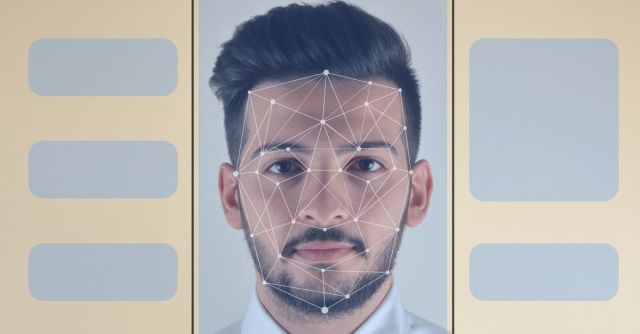In March 2018, 18-year-old high schooler Ousmane Bah got a learner’s permit to drive in the city of New York. Then, he lost it.
No biggie, right? It had his name, address, date of birth, sex, height, and eye color, but it didn’t have his photo. These things are just printed receipts, issued as interim permits until an official permit arrives in the mail.
As far as identity theft goes, Bah didn’t worry about it. The license said on its face that it wasn’t meant to serve for identification purposes. He’d get an actual permit in the mail shortly, so he didn’t file a police report.
Unfortunately, there was more for Bah to worry about than he realized. He got a summons to appear in Boston municipal court. He had been accused of larceny over $1,200 for allegedly ripping off multiple Apple pencils, each of which retail for $99, from an Apple store in Boston.
Bah says he’s never been to Boston before the 27 June arraignment. What’s more, on the date of the alleged theft, he’d been at his senior prom in Manhattan. That wouldn’t be the only criminal charges he’d face, either.
According to a lawsuit Bah filed on Monday in the US District Court for the Southern District of New York, he’s been charged with similar crimes in multiple jurisdictions, including Delaware, Massachusetts, New Jersey and New York, all for allegedly ripping off Apple stores. Three of the cases have been dropped, the suit said, but the one in New Jersey is still pending.
Bah is suing Apple for $1 billion for what his suit says is Apple’s reliance on facial recognition software to identify a suspect, who, the suit says, must have gotten his hands on Bah’s photo-less interim license. That permit was never supposed to be used as identification, yet Apple allegedly failed to use anything else to verify the true suspect’s identity. From the suit:
The irony here is that Defendant [Apple] relied heavily on one method of identification – facial recognition software – and failed to use a more labor-intensive form of verifying the true suspect’s identity. The latter method is similar in many ways to multi-step authentication; it requires the use of information from various, reliable sources, such as a driver’s license photograph or a government-issued identification card that contains a photograph, to confirm a particular individual’s identity. Given the number of individuals who provide false identification when suspected of committing a crime, it is remarkable that Defendant blindly accepted the photograph-less learner’s permit as a valid form of identification.
Does Apple really use facial recognition to identify shoplifters? As the Washington Post reports, the company declined to comment on the lawsuit itself, but it did say that it does not, in fact, use the technology in its stores.
How in the world did Apple finger Bah for the crime?
According to the lawsuit, Bah, who was arrested at his home in November, was served a warrant that had somebody else’s photo on it. The suit claims that a New York detective who viewed surveillance video from the Manhattan store concluded that the alleged thief “looked nothing like” Bah.
The suspect’s height, in fact, didn’t match what was listed on Bah’s learner’s permit.
Similar to the detective’s conclusion, the Boston district attorney, after looking at surveillance footage, dismissed the case against Bah.
Bah’s suit claims that none of these charges should have been made against him. They were because Apple allegedly accepted an interim permit, without a photo, that never should have been used for identification purposes, as a valid form of identification.
Bah has been forced to travel to multiple states to fight these spurious charges, the suit claims, was subject to a “shocking and traumatic” arrest at his home at 4:00 am, has been shamed and humiliated, and was forced to miss multiple days at school, which has brought down his grades.
Besides the $1 billion, the suit seeks a declaration that Apple “wrongfully and baselessly damaged” Bah’s reputation, and a court order compelling Apple to “address the mistake in the stored data” that links Bah’s identifying information to the company’s facial recognition technology.

